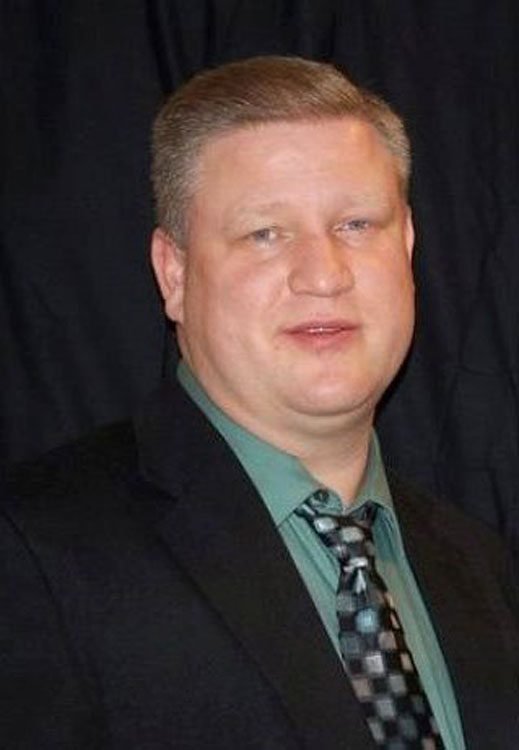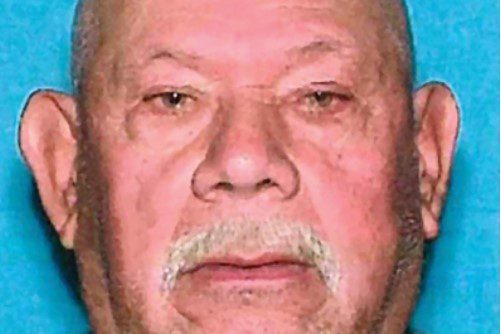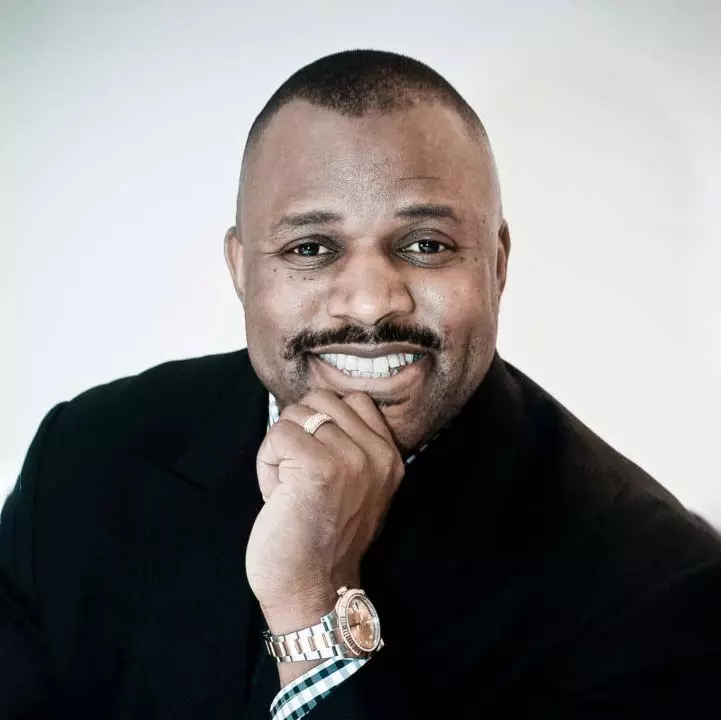
Most Evangelicals have a two-sided understanding of Jesus. There is the theological Jesus and the human Jesus. The theological Jesus is found on Sundays and in countless Christian books. While this Jesus often becomes the framework by which Evangelicals view the world, most often it is the human Jesus that determines attitudes and conduct. Let me explain this in the context of a statement often made by Evangelicals: dear Jesus, please help me see others as you do.
From a theological perspective, how does Jesus see others? Can we even answer this question? When it comes to theology, Jesus had very little to say. It is the Christian church, with its 2,000-year history, that has given us the theological Jesus. So perhaps the real question is how does the Arminian or Calvinistic Jesus see people? And now throw in countless other systematic theologies that have fueled internecine warfare among Christian sects over the past twenty centuries. Theologically then, how Jesus sees people depends upon the doctrinal beliefs of the person making the statement. I can tell you this, Calvinists see people very differently from the way Arminians do.
Most often, when Evangelicals make statements such as seeing people the way Jesus would, their conclusions come from their understanding of the human Jesus they have shaped into their own image. While most Evangelicals will categorically reject such a claim, it is clear that among Evangelicals there are numerous, often contradictory, Jesuses. While their understanding of the human Jesus is certainly shaped by theological beliefs, Evangelicals generally believe in a Jesus who looks, acts, and thinks as they do. So when Evangelicals talk about seeing people as Jesus would, what they really mean is seeing people as they see them. Take a homeless man and put him in a room of Evangelicals and ask them their opinion of this downtrodden man. I guarantee you that you will get varied and conflicting answers. The Bible does not mention how Jesus viewed the homeless, so it is impossible for Evangelicals to see them as Jesus did. When Evangelicals look at the homeless, their thoughts are processed through their previous experiences and current beliefs concerning theology, politics, sociology, and economics. Having grown up poor, I view the homeless differently from those who were raised in affluent homes. Our upbringing deeply influences how we see the world. As a father, I know that how I trained my children and the things I exposed them to affected how they view the world. As they have gotten older, they have tested some of the things they were taught as children, discarding some of these teachings or reforming them and adding new observations of their own.
It is for these reasons that I wish Evangelicals would stop saying that they desire to see the world as Jesus did. If that really were the case, all Evangelicals would have to do is take a pair of Thomas Jefferson scissors to the gospels. Once all the peripheral noise is edited from the text, what would be left is a glimpse of how Jesus viewed the world. And I say a glimpse, because Jesus never wrote one word about how he viewed people. What we really have are written records of how the various authors of the Gospels thought Jesus viewed others. We have no way of knowing if what they have recorded is true. Was Jesus disrespectful to his mother as is recorded in the story about the wedding at Cana? Was Jesus indifferent towards much of the suffering that surrounded him? And what do we do with Jesus’ racial bias towards those who were not Jewish? How do we explain the fact that some of Jesus’ family thought he was crazy and wished that he would move down the road and quit embarrassing them? We certainly could filter these things through some sort of theological sieve that sanitizes these negative aspects of the human Jesus, but if the goal is to see people as the human Jesus saw them, then we must come to grips with the fact that he was far from perfect, that he was, in every way, quite human.
It is time for Evangelicals to put aside the notion that they can see other people as Jesus would see them. Jesus is dead, and he left no written record by which Christians can ascertain how he viewed the residents of first-century Palestine. And even if we could, I am not sure it would help us today. We live in the twenty-first century, not the first century. How we view the world today is very different from the way Jesus would have viewed it 2,000 years ago. One of the problems I have with Fundamentalists is that they want to judge present life by the standards of previous generations. Strict constitutionalists demand that the Constitution be interpreted according to the original intent. However, all that matters now is what the Constitution has come to mean. To a large degree it does not matter what our forefathers thought. We are governed by how the three branches of government currently interpret the Constitution. We can endlessly argue over whether the Second Amendment grants citizens the right to own firearms, when in fact the only issue is how the Second Amendment is applied today. All would agree that we no longer have well-regulated militias, so it is up to us as moderns to interpret the second amendment in the context of how we now live.
Instead of framing their cultural observations with theological jargon and talking of seeing thing as Jesus does, Evangelicals need to admit that they see people through the lenses of their own experiences and biases. There is no value in trying to see people as Jesus did. That Jesus is dead. He has been replaced by countless reincarnations of the son of God. Instead of asking who is Jesus?, perhaps Evangelicals should ask themselves, who am I? When nonbelievers look at how Evangelicals live and what they say, they are not looking for some sort of historical Jesus. What unbelievers really want to see is who Evangelicals really are. Stories about a loving, compassionate, caring itinerant preacher carry little weight when compared to Evangelical behavior. What unbelievers see are actions: homophobia, racism, bigotry, sex scandals, churches and pastors accumulating vast wealth. Instead of concerning themselves with seeing people as Jesus did, Evangelicals should focus on changing how they are viewed by unbelievers. Doing so requires Evangelicals to bring a new Jesus to life, one that is divorced from the hatred and bigotry of the past forty years.
I am sure some Evangelical readers will object to this post and say that Jesus is the same yesterday, today, and forever. Is he really? Is the Jesus preached at First Baptist Church on Sunday really the Jesus of first-century Jerusalem? Of course not. Whatever Jesus might have been in the early days of the common era, he is no longer that today. The Jesuses of today are very much like the people who claim he is their God. For many Evangelicals, Jesus is a personal savior, a personal God. He is a friend, lover, and confidant. For others, he is a thundering prophet who condemns homosexuality, same-sex marriage, abortion, and a host of other perceived social ills. And for others still, Jesus is a new age guru or some sort of social worker. All nonbelievers have to do to determine which Jesus Evangelicals worship is to look at what they say and how they live. The Bible Jesus has long been dead. What’s left are countless Jesuses fashioned by human hands.
Bruce Gerencser, 66, lives in rural Northwest Ohio with his wife of 45 years. He and his wife have six grown children and thirteen grandchildren. Bruce pastored Evangelical churches for twenty-five years in Ohio, Texas, and Michigan. Bruce left the ministry in 2005, and in 2008 he left Christianity. Bruce is now a humanist and an atheist.
Connect with me on social media:
Your comments are welcome and appreciated. All first-time comments are moderated. Please read the commenting rules before commenting.
You can email Bruce via the Contact Form.










